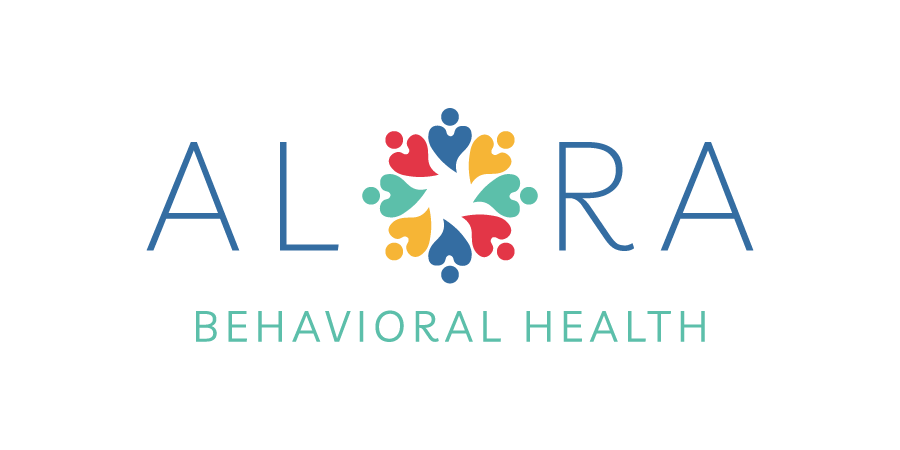Applied Behavior Analysis (ABA) therapy is a powerful tool in assisting individuals with developmental disabilities to achieve personal growth and learning. However, like any therapeutic process, ABA therapy comes with its own set of challenges. Addressing these hurdles proactively can significantly enhance the effectiveness of the therapy. This blog explores common challenges encountered during ABA sessions and offers practical, positive strategies for both practitioners and families to navigate these obstacles effectively.
Common Challenges in ABA Therapy
1. Maintaining Engagement: Keeping clients consistently engaged can be challenging, particularly for younger children or those with attention difficulties.
2. Handling Setbacks: Progress in ABA therapy is not always linear. There can be periods of rapid improvement followed by times of apparent stagnation or regression.
3. Managing Expectations: Both families and practitioners must manage their expectations regarding the pace and nature of improvements.
4. Communication Barriers: Effective communication between the therapist, the individual, and their family is crucial but can sometimes be fraught with misunderstandings.
Strategies for Overcoming These Challenges For Practitioners:
1. Varied Techniques: Incorporate a variety of teaching methods and activities to keep sessions engaging. Use games, technology, or interests specific to the individual to maintain their attention.
2. Celebrate Small Wins: Focus on the small victories and use them as an opportunity to motivate both the client and their family. This helps in maintaining a positive outlook even when progress seems slow.
3. Clear Communication: Establish a clear, open line of communication with families. Regularly update them about their loved one’s progress and involve them in setting therapy goals.
4. Professional Development: Continuously seek training and stay updated with the latest ABA techniques to effectively handle various challenges that arise during sessions.
Strategies for Overcoming These Challenges For Families:
1. Consistency at Home: Apply the strategies used during therapy sessions at home to reinforce learning. Consistency helps in managing setbacks and accelerates progress.
2. Active Participation: Whenever possible, participate in sessions or discussions to understand the therapy process deeply. This enables you to support your loved one more effectively.
3. Set Realistic Goals: Work with the therapist to set achievable goals. Understanding that progress can vary greatly helps in managing expectations and reduces frustration.
4. Support Network: Building a support network with other families undergoing similar experiences can provide emotional relief and practical tips for navigating the therapy process.
While ABA therapy takes commitment and work, effectively addressing these can lead to a significantly more rewarding and successful therapeutic experience. By adopting these strategies, both practitioners and families can create a more positive and supportive environment that fosters growth and learning. Remember, the journey of ABA therapy is a partnership where every challenge overcome is a step towards a more fulfilling future for the individual.
Embrace these strategies and work together as a team. Your collaborative efforts are key to turning challenges into stepping stones for success. Let’s continue making positive changes, one session at a time.
